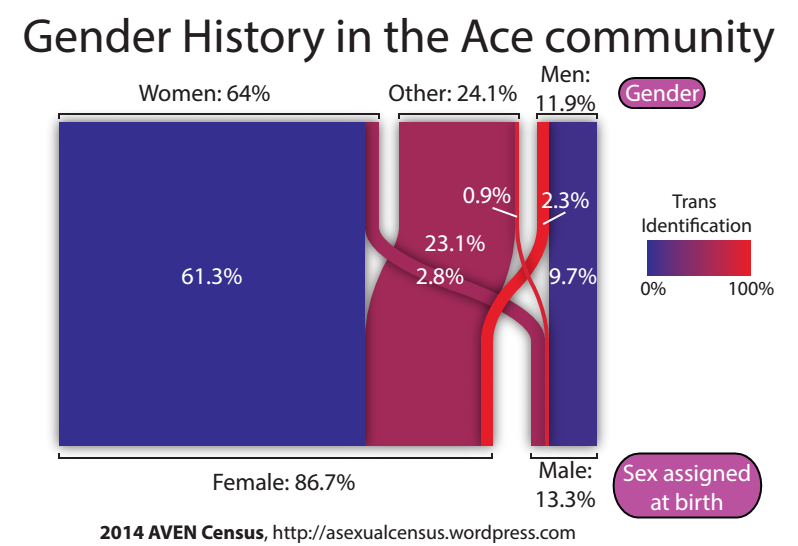This is a repost of an (only slightly facetious) article I wrote in 2015.
Where much of fiction is devoted to the most tumultous kinds of relationships–those of lovers, family, and enemies–let us never forget that there is another kind of relationship which is much more important, and in fact essential to everyone’s daily functioning. I speak, of course of the stranger.
I am infinitely grateful for all the strangers in my life, all seven billion of them. I am enriched by the fact that they don’t know who I am, and waste no time thinking of me. The great number of conversations we don’t have is a source of great joy. And it’s heartening to think about how much we care about each other, under a thick layer of distant abstraction. It’s a special kind of love, the kind that is tolerable in large quantities.
And yes it is true that I don’t mind losing a few strangers, that losing a stranger can even be a happy occasion. But that’s just the kind of relationship that strangership is. Another way of looking at it is that strangership is such an abundant gift that it’s no problem to skim a little off the top to form more mundane relationships.

